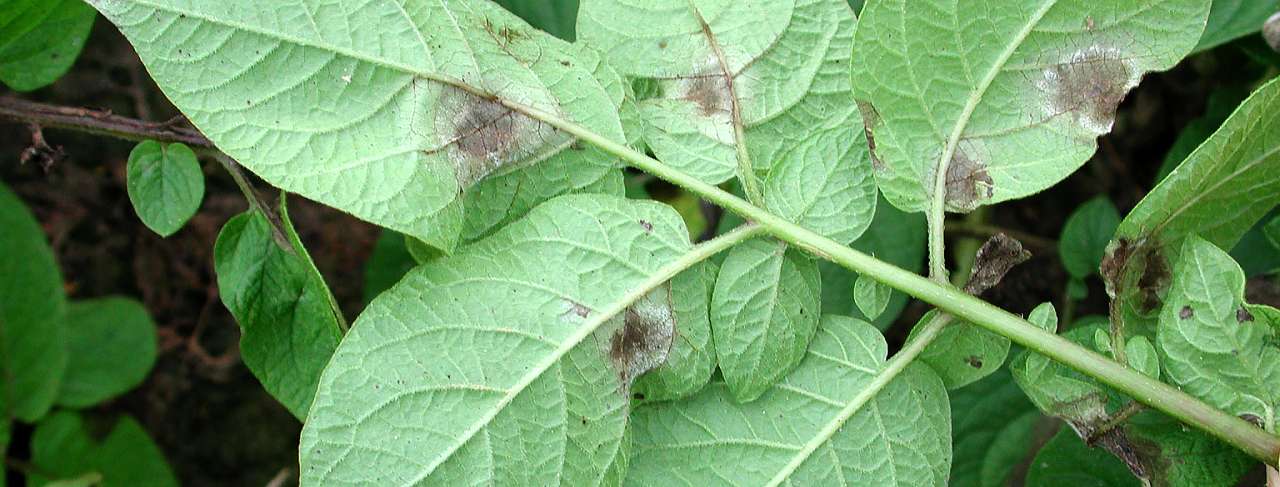Genes for late blight resistance

Photo: Arne Hermansen
Late blight is the most significant disease affecting potatoes and is a major challenge for agriculture. Large amounts of pesticides could be saved by utilising the potato’s natural resistance genes against the disease.
NIBIO researchers, in collaboration with Polish scientists, have made significant progress in this field through the DivGene project. The goal is to identify genes that confer resistance to late blight and potato virus Y and contribute to developing more resilient potato varieties.
“With the help of a new method, we have studied twelve genes that play a crucial role in resistance to late blight,” says Dr May Bente Brurberg from NIBIO.
DNA from over 300 potato varieties from Norway, Poland, and other countries has been analysed to understand which genes are present in both resistant and susceptible varieties. In addition, 60 effector genes have been sequenced from 400 strains of the pathogen to identify variations that influence its ability to infect plants. These genes are keys in determining whether a potato plant can recognize and stop the infection. Even small variations in these genes can determine whether an infection succeeds or fails.
The sequencing effort has generated vast amounts of data, providing detailed insights into both the potato’s and the pathogen’s genetics. This knowledge is essential for developing new late-blight-resistant potato varieties and can be used by plant breeders to create rapid testing methods, accelerating the development of resistant varieties. Sequencing data enables targeted breeding efforts that ultimately will reduce crop losses and minimize the need for pesticides.
This work is a crucial step toward a more sustainable potato production system.
Contacts

Purpose
To identify genes that provide resistance to late blight and potato virus Y and support the development of more resilient potato varieties.
Collaboration: Plant Breeding and Acclimatization Institute, Młochów, Poland
Funding: Norway Grants
Contacts

